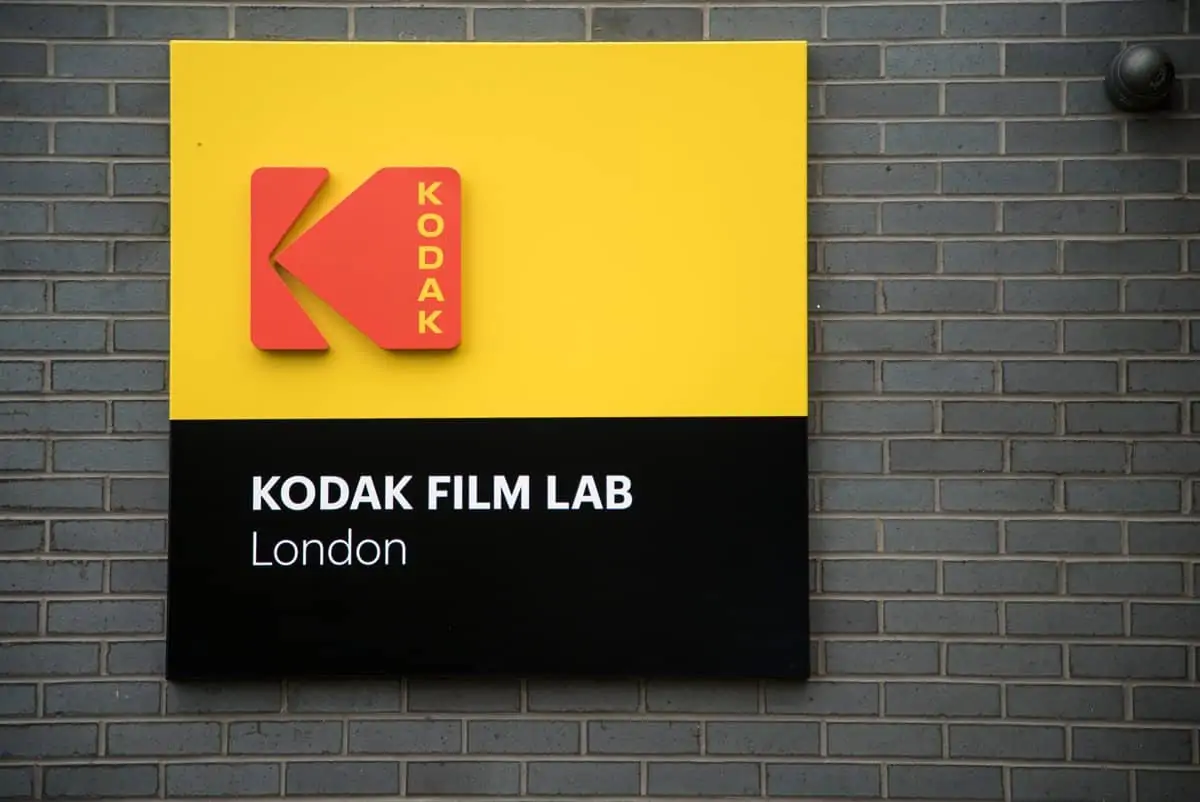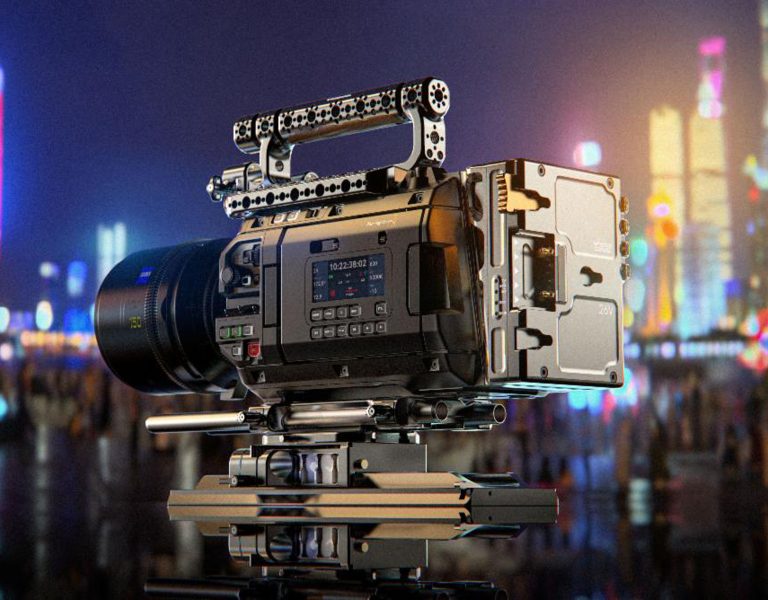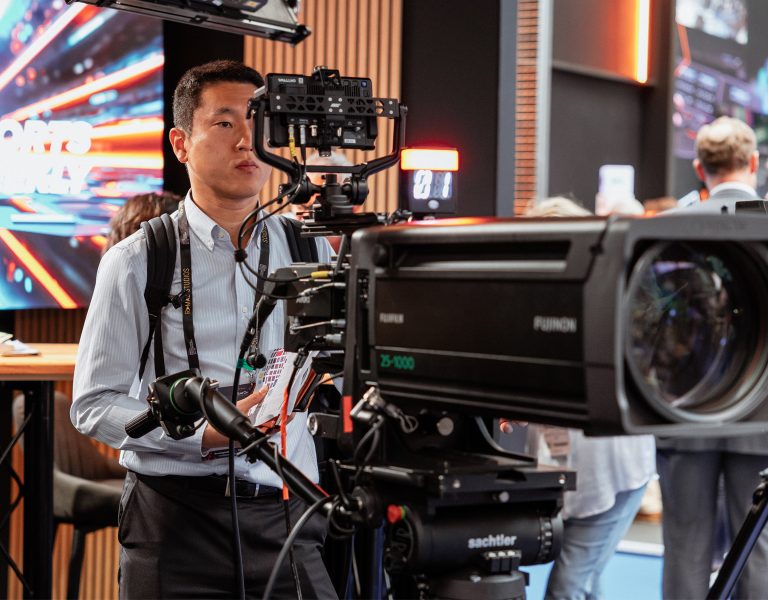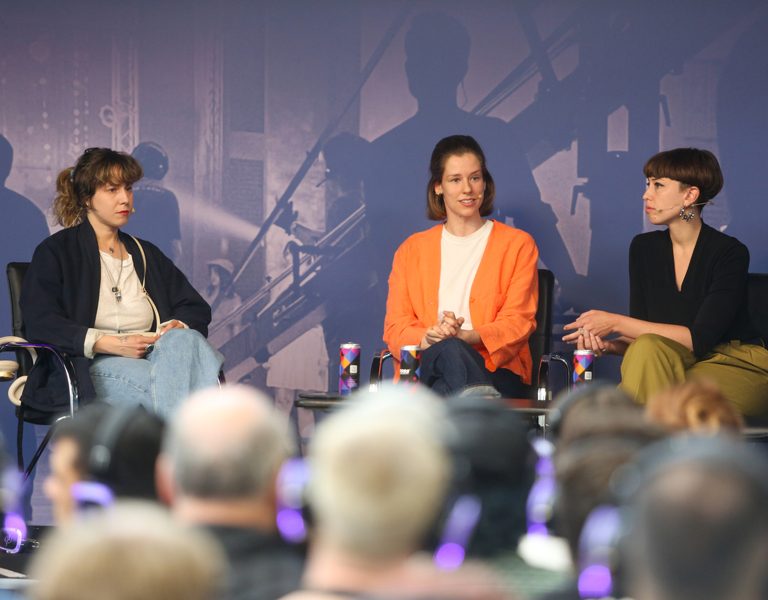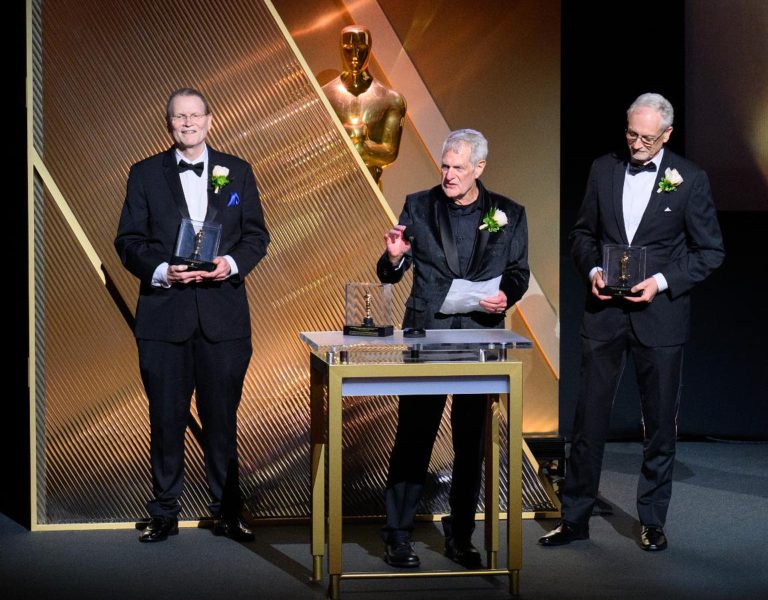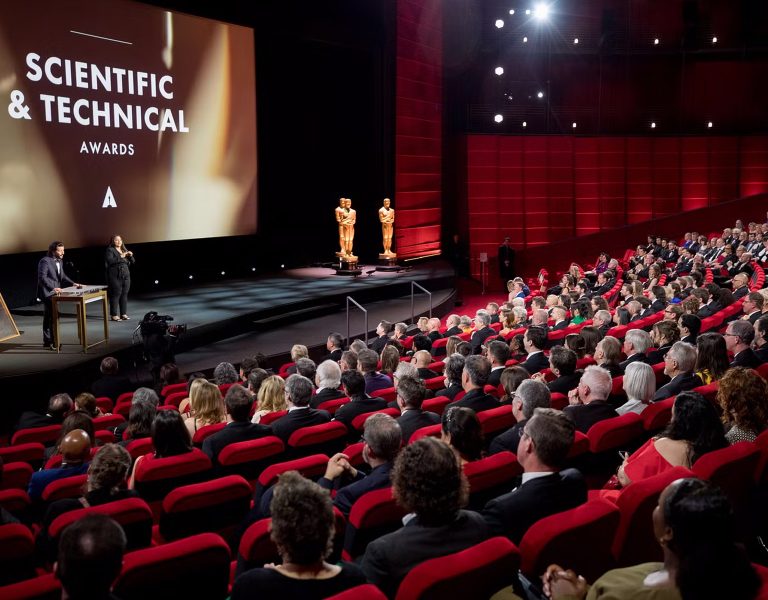All this effort highlights the quality of productions created in different formats, whether film or digital, and the variety of skilled and talented people required to understand and maintain the cameras and equipment. Without film, cameras, lenses and, perhaps even more crucially, the facilities and experience in film processing labs to develop the negative, there will be a void that no amount of effort and money will be able to overcome. The film processing labs in the USA and the UK have been closing down in recent years, yet there are a few still remaining, such as Fotokem in Los Angeles. The number is dwindling, and now there is a real issue in getting movie films processed, even in certain parts of the USA.
In an article in The Hollywood Reporter DP Ed Lachman ASC, the DP on Carol, has taken this further. “If Kodak is going to make film, we also need labs to process the film. Right now, the New York Film Lab (a partnership between Deluxe and Technicolor that was created to respond to film’s shrinking footprint) is closed.” It is interesting, and also sad to note the film Carol was one of the final projects to use that lab.

At the recent BSC show in London Lachman told the story about how he managed to retrieve the processing lab from the jaws of the scrap heap. “I heard they were going to throw out all the processing equipment, so I called up a grip to see if they had a storage space. He had some spare capacity, so I inquired about the lab equipment, and I said if I can take this away in a truck would they allow me to take it away free? The general manager said, ‘Yeah, OK’, and he let me take away the lab equipment. It was all brand new!”
“I have it in storage, and I’m waiting for someone to come to their senses so we can have a lab in New York to develop film. We can develop film at Fotokem in Los Angeles, which is a very good lab. But right now there are eight movies that want to shoot in New York on film. There’s a market and we need a lab on the Eastern seaboard of the US.”
Noticing there is a definite trend back toward wanting to shoot on film Lachman gave a stark warning. “If an infrastructure for film isn’t supported, it’s going to make it harder. I don’t think all films need to be shot on film, but they shouldn’t take the tools away from us. All stories can’t be told the same way, and film affects the viewer in a different way than digital. I think part of the reason people respond to Carol is they feel the granularity, the texture and the emotion of what film presents.”
All this poses an immense pressure on film as there is now an established infrastructure now firmly entrenched in the digital domain. The skills base built up over years of dedication by talented film crews could be lost very quickly if not maintained and kept sharp. If the trend for more films to be shot on a glorious variety of film formats – chosen specifically to fit the subject matter – keeps growing there will be a need for highly-skilled technicians and operators who know the cameras inside and out -quite literally. As Lachman clearly sees a future for film, the skills base needs to be maintained otherwise it may be lost forever as people move out of the business or retire.
The nature of the business means it will always develop and change, and there will always be new technologies created to make the visual and sound experience as fantastic and special for the viewer. The Hateful Eight team all went the extra mile and created an experience the viewers cannot experience any other way, and a super 16mm film production needs to work hard in a different area of expertise, yet the process of making a film on film compared to digital is a different experience. It is different, and the choice should be kept in the hands of the filmmakers to choose, not just the accountants. If a story needs to be told in a certain medium there should always be a choice based on artistic merit and integrity.

